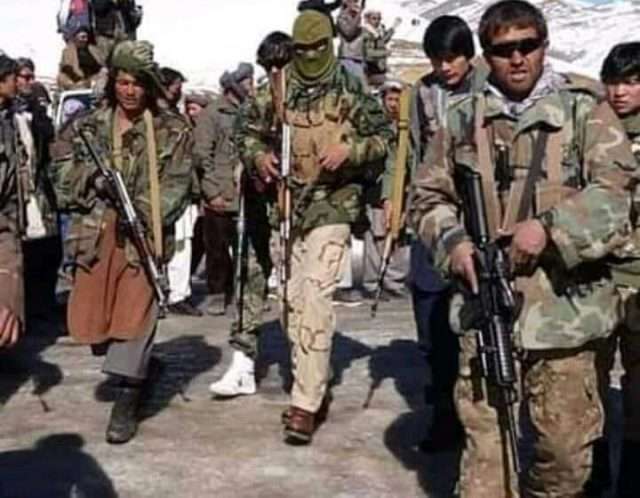
Geopolitical Report ISSN 2785-2598 Volume 9 Issue 4
Author: Silvia Boltuc
The eventuality that Iran has supported the creation of Shiite militias in Afghanistan has caused diplomatic tensions between Tehran and Kabul and highlighted how fragile the country’s situation might be after the NATO troops’ withdrawal.
According to the Iranian newspaper Jomhouri-e Eslami, in Afghanistan, an Afghan Shiite militant organisation was established to confront the Taliban, who have significantly intensified their offensive operations against Afghan security forces in recent weeks.
The Administration of Afghan President Ashraf Ghani commented on the assumption of the Iranian newspaper, stating that the creation of a Shiite militant organisation in the Afghan territory might be interpreted as an Iranian leadership’s attempt to arrange an insurrection in the country.
The Iranian press shared data that the intensification of offensive actions by the Taliban led to a strong mobilisation of the Shiite population of Afghanistan. In particular, after dozens of Afghan districts surrendered to the Taliban, the Shiite militant group Hashd al-Shi’a (Shiite Mobilisation) emerged in Afghanistan. The group’s name reminds of the pro-Iran militia group in Iraq known as Hashd al-Sha’bi (Popular Mobilisation). Jomhouri-e Eslami also stated that among the fighters of Hashd al-Shi’a, there are members of the Fatimiyun Shiite division, an Afghan Shiite group believed to have been trained by the Islamic Revolutionary Guard Corps (IRGC) for the fighting in Syria.
Analysis
In Afghanistan, a Shiite militant group underlines the substantial Iranian involvement and Tehran’s desire to play a significant role after the NATO troops’ withdrawal. In addition, as some Afghan officials stated, on the one hand, Iran aims at countering and defeating the Taliban, but on the other hand, Tehran’s strategy might cause a rebellion in Afghanistan.
The Afghan government is not only trying to contrast the Taliban offensive and the creation of an Islamic Emirate in Afghanistan but is also attempting to avoid a deep internal crisis and the creation in the country of a scenario similar to Syria, Yemen, Iraq, and Lebanon where the Iranian Shiite militias are operating and promoting Tehran’s foreign policy.
In 2019, the Afghan administration unofficially expressed fears that thousands of Shiite militants who fought in Syria on the side of President Bashar al-Assad are now returning home and could create problems for Kabul. According to the Saudi newspaper Asharq Al-Awsat, Afghan security agencies noted that Shiite Hazaras, once recruited by Iranian officers, could become Tehran’s political instrument to strengthen its strategy in Afghanistan. By contrast, in June 2020, the United Nations released a report that informed the international community on the rise of pro-Iranian militant commanders among the Taliban.
The Shiite militant front in Afghanistan is linked with former field commanders of the Hazaras. Currently, the Shiite militants are trying to strengthen their position within the anti-Taliban militia movement composed of Hazaras, Tajiks, and Uzbeks and probably funded by the Afghan government.
Final assessment
Iran might have a double strategy in Afghanistan: on the one side, Tehran has unofficially supported the Taliban, as Jomhouri-e Elsami reported on its pages criticising Iranian officials, and the UN report confirmed last June. Conversely, the Iranian government might support Shiite militias in Afghanistan to strengthen its position and influence local dynamics. Whether the Taliban gained control of Afghanistan or the Afghan Shiite militias defended their position, assuming a significant leading role in the country, Tehran would, in both cases, improve its presence in the Afghan territory.
